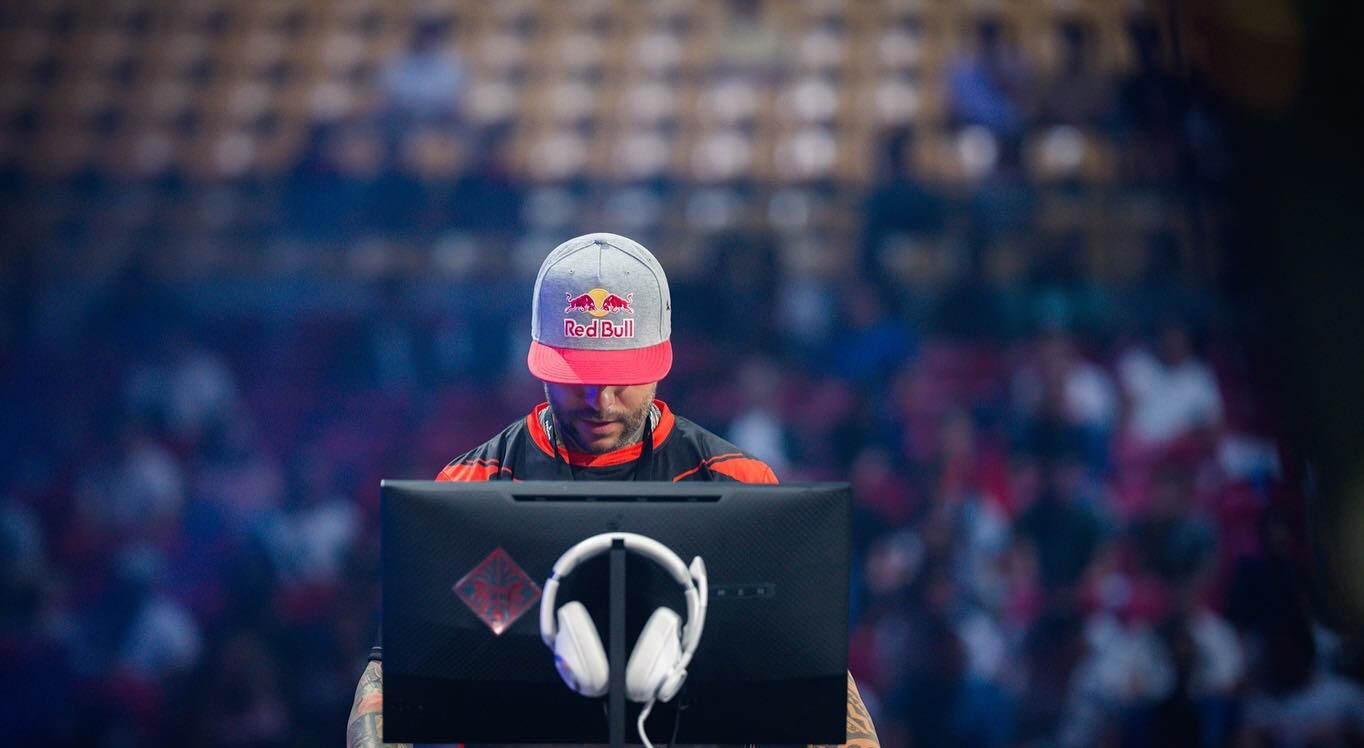Major Malta-based companies Bet365 and Betway are no longer operating in the once-lucrative Indian market following the introduction of a punitive tax that has left the country’s iGaming sector in tatters.
On 1st October, a new 28 per cent Goods and Services Tax (GST) was implemented on all bets placed online – win or lose – replacing an earlier regime whereby an 18 per cent tax was levied on gross gaming revenue.
The new tax was recommended by India’s GST Council in July.
Bet365 announced its exit in August, while Betway informed users of its decision to “regrettably elect to cease trading” on 1st October, the day the new tax came into effect. In a notice to investors, Super Group (SGHC) Ltd, the parent company of Betway, said the “newly effective tax rules make the Indian market no longer commercially viable.”
Online gambling is largely a grey area in India, and the All India Gaming Federation (AIGF), the representative body for skill games like esports, has previously written to Prime Minister Narendra Modi to warn of the dangers of off-shore betting platforms, singling out Bet365 among others.
However, the AIGF has also opposed the introduction of the punitive tax rate, describing it as “unconstitutional” and “irrational”.
Maltese operators are not the only ones feeling the crunch – the new tax has also cut short the aspirations of Indian start-ups in the sector.
The move is expected to effectively eliminate a major market for operators that had invested heavily in the country, drawn to the potential opportunities in its 1.4 billion-strong population, many of whom are increasingly connected, tech-savvy, and eager to play.
Continue Reading
Malta Gaming Authority stresses it has no connection with phlove.org
The regulator warned consumers to only use MGA-authorised services
Phil Pearson bows out as CEO of White Label Casinos after nearly a decade of growth and grit
'I had the privilege of running it until last week'
Together Gaming Solutions plc reduces pre‑tax loss from over €3 million to €349,000
The iGaming platform provider announced an uplift in financial results following merger
Multi-year deal with BLAST set to transform Malta into CS2 and Dota 2 esports hub
The partnership will see Malta host nine major events over the next years







